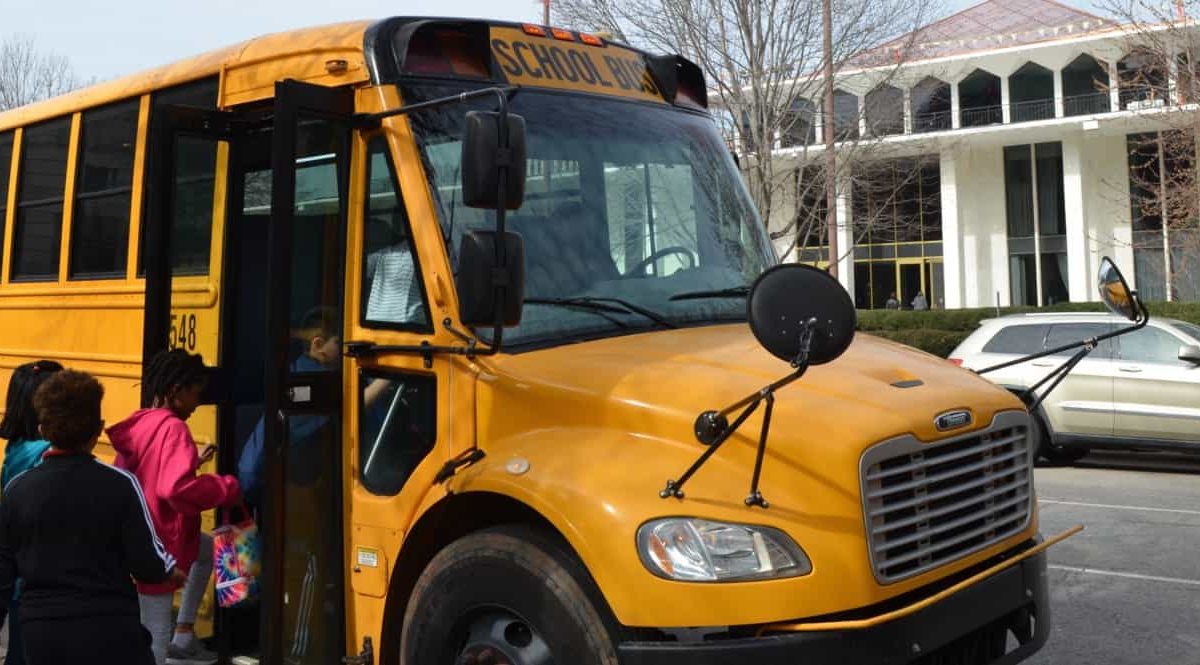

The opening line of Sam Cooke’s soulful song A Change is Gonna Come — “I was born by the river in a little tent” — speaks to me. I was born in a small town in my grandmother’s house a few hundred yards from the Mississippi River. But in recent days, I’ve turned to the song not for nostalgia but as a source of reflection on the outpouring of biracial peaceful protests along with street clashes in North Carolina and across the nation.
The coronavirus pandemic has reinforced racial disparities in health. The closing of schools has illuminated the digital divide between affluent and poor students. TV and social media have broadcast images of harsh, even deadly, policing, especially directed toward black men. Have Americans moved forward, or not, in closing the nation’s racial fault lines and addressing the thorniest societal questions arising from its origins?
Cooke’s song offers neither unvarnished hope nor deep despair; it strikes me as expressing an earthy combination of realism and resilience. Cooke died from a gunshot in December 1964, and yet his song has remained relevant through half a century.
There’ve been times that I thought I couldn’t last for long
But now I think I’m able to carry on
It’s been a long, a long time comin’, But I know, oh-oo-oh, a change gonna come, oh yes, it will.
Exploring the origins and durability of the song in The New Yorker five years ago, author David Cantwell wrote, “In A Change Is Gonna Come, Sam Cooke moves from bigotry and bloodshed to hope and beauty in barely three minutes.”
The song was recorded as the civil rights movement was both meeting white resistance in the South and gaining support in the White House and Congress. It was recorded at a moment of competing visions of race relations in the South and nation.
At his January 1963 inauguration as Alabama Governor, George Wallace delivered his incendiary “segregation forever’’ speech. In that same month, North Carolina Gov. Terry Sanford called for an end to “unfair discrimination’’ in employment against black citizens.
Wallace, who sought to block a black student from entering the University of Alabama, went on to run for president as a law-and-order and segregationist candidate. As governor, Sanford, who also ran unsuccessfully for president, established Good Neighbor Councils and the anti-poverty North Carolina Fund; he also served across the region as a model “education governor’’ who got the legislature to raise taxes to bolster public education.
North Carolina’s schools remained largely segregated through the 1960s. Then Charlotte won plaudits — and helped spur its economic surge — by the way it carried out the landmark Supreme Court busing ruling. For nearly two decades, the South led the nation in school integration — but as courts lifted desegregation orders, re-segregation took hold in Charlotte and elsewhere.
Congress enacted the Civil Rights Act in 1964 and the Voting Rights Act in 1965. But then civil disorders rocked the country, with deaths and destruction in major cities, in 1967 and 1968. President Lyndon B. Johnson convened two major national commissions, one headed by Illinois Gov. Otto Kerner and one by Dr. Milton Eisenhower, brother of the former president, to examine causes and propose solutions.
Republican Richard Nixon won the 1968 presidential election, and wasn’t inclined to pick up an agenda from his Democratic predecessor. Still, revisiting those voluminous reports today reminds how much of an unfinished agenda remains, how much has changed, and not changed, over nearly six decades.
The Kerner Commission focused on inner-city schools, but some of its findings would be familiar to North Carolinians, rural and urban, today: the need for fewer inexperienced teachers and more highly qualified teachers in classrooms of disadvantaged students, expansion of early childhood education, improved school-community relations, and year-round schooling.
The Kerner Commission proved controversial for a central, provocative finding the nation wasn’t fully prepared to hear in its time: that among the complexities of the nation’s societal divisions, “the most fundamental is the racial attitudes and behavior of white Americans toward black Americans.” Now in the midst of a pandemic, an economic downturn, remote schooling and streets filled with protestors seeking policing reforms, 2020 offers anew the possibility of a shift in attitudes and in public policy in North Carolina and the nation.
As Sam Cooke’s still-evocative song suggests, change is a long time comin’ but it’s gonna come from people who persist in bending the arc of history.


